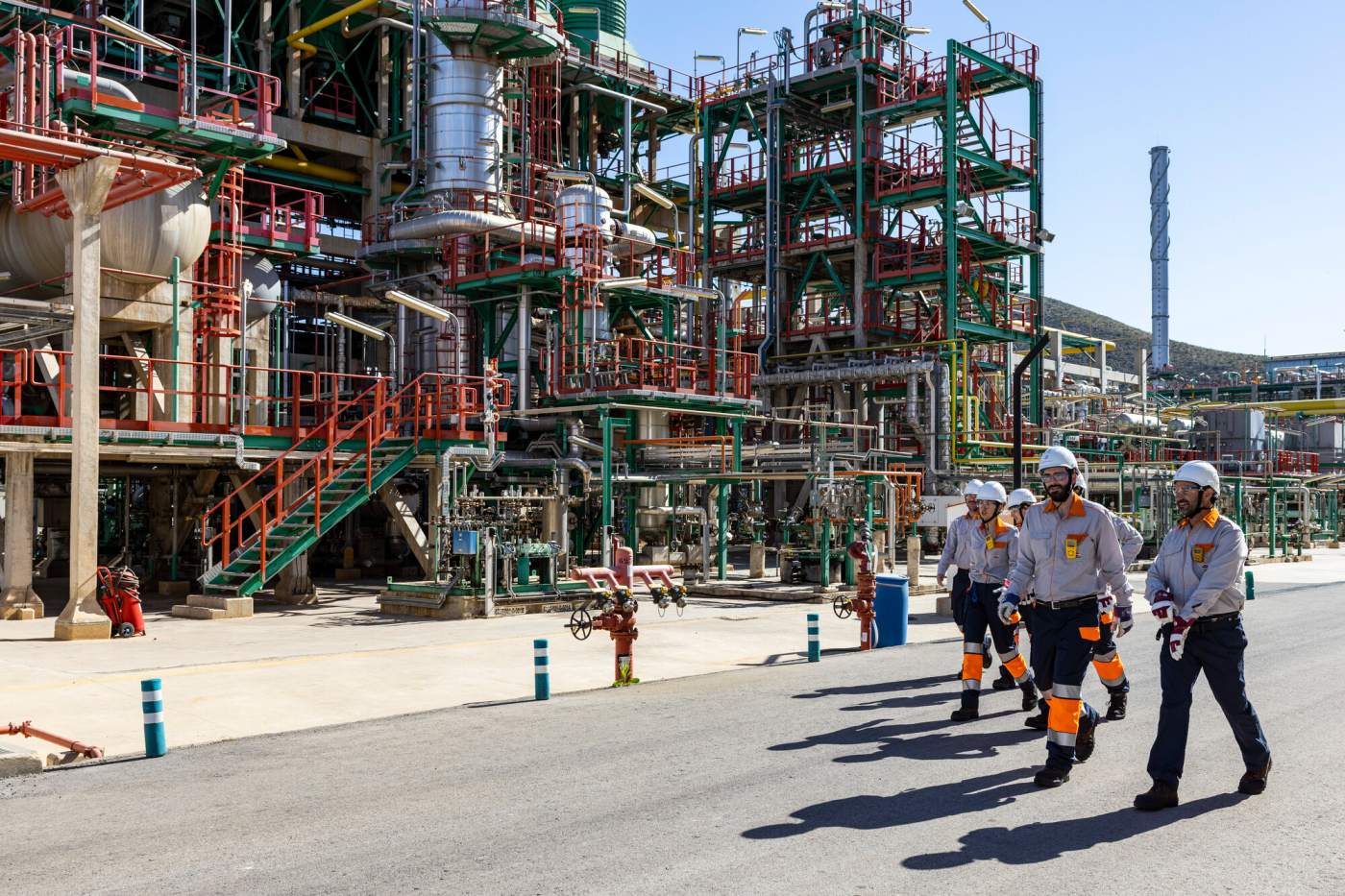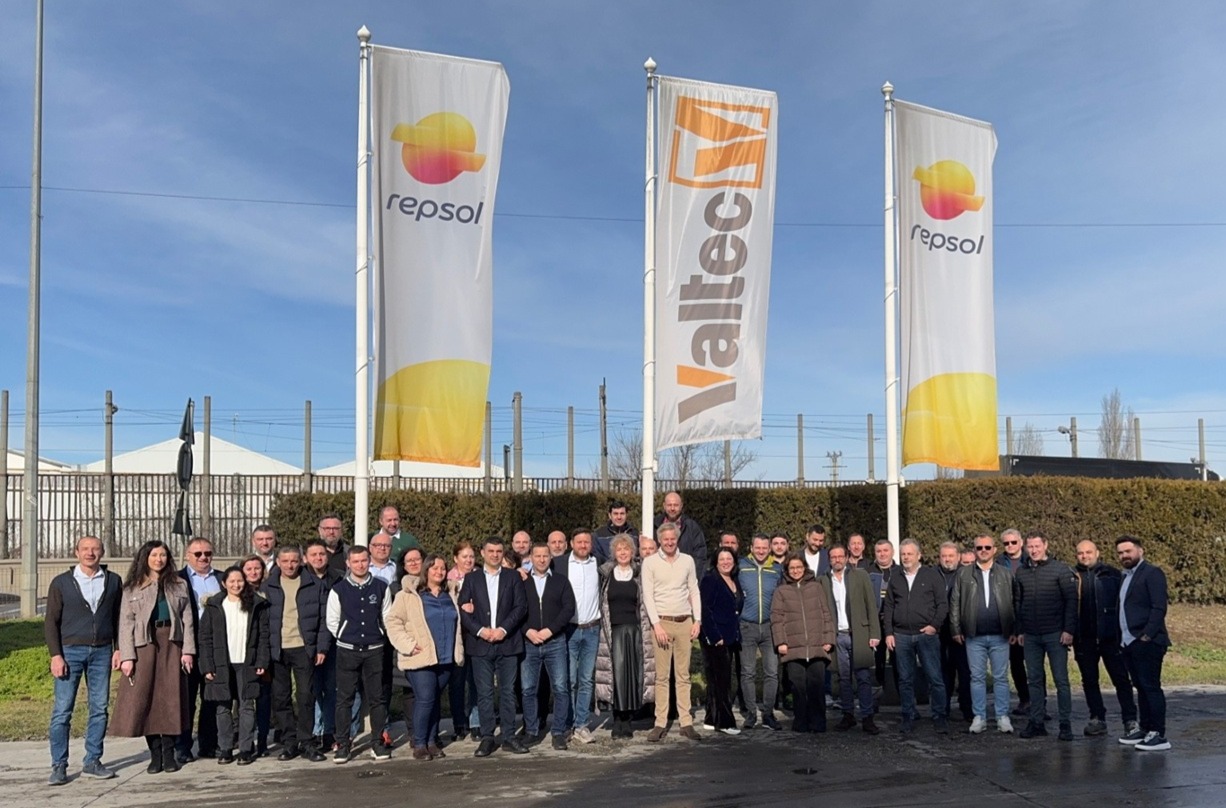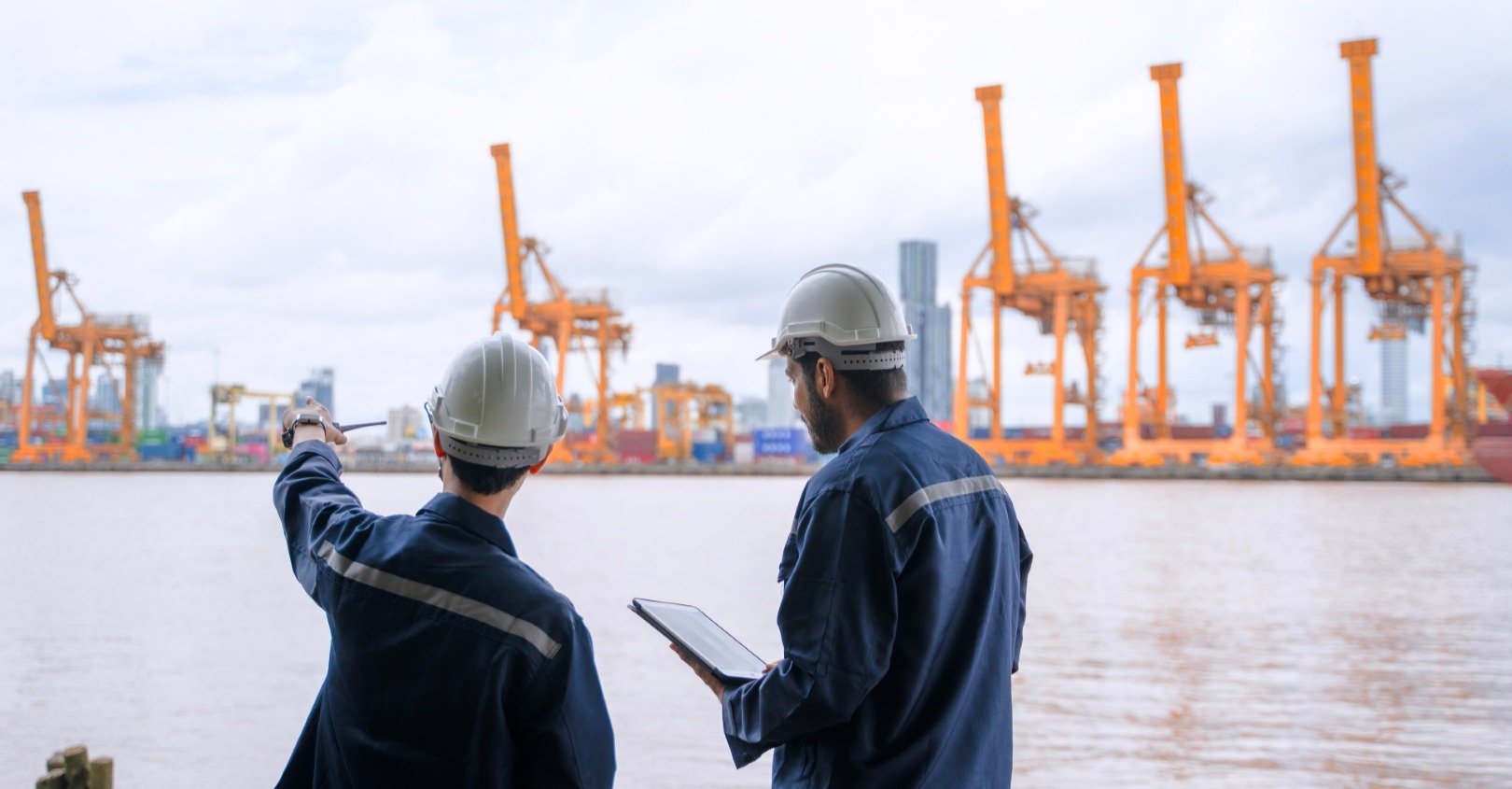Repsol transforms its lubricants area in Cartagena with an investment of €45 million

Repsol's industrial complex in Cartagena is advancing in its transformation process to become a multi-energy center capable of manufacturing products with low or zero carbon footprint. It will also contribute to Repsol's goal of being a zero net emissions company by 2050.
One of the projects to be developed this year involves the production of lubricant bases, which will allow Repsol to continue being the leader in the European market for this product.
The company will invest €45 million by 2026, which will involve adapting production to current market demand, as well as improving infrastructure by implementing an ambitious plan to adapt and upgrade technology in order to improve the efficiency of lubricant base production.
The project involves reorganizing the two existing lubricant base manufacturing plants at the Cartagena industrial complex, consolidating them into a single facility, and using the leftover space to build a 100-MW renewable hydrogen plant, through a consortium with Enagás Renovable and Engie.
New developments in the lubricants area
The new layout for the lubricants area will involve the implementation of improvements to current infrastructures, control systems, and dynamic equipment. This project shows Repsol’s commitment to continue being a key player in the European lubricant bases market, by ensuring the competitiveness of the Cartagena facilities.
Generally, lubricant bases are mostly used as the main raw material to formulate industrial lubricating oils. In addition, during the process, and thanks to the high production capacity at the Cartagena facilities, other high value-added products are obtained. These products are in great demand on the market and serve as raw materials for the manufacturing of everyday materials such as aromatic chain extenders used in the manufacturing of tires, high-quality kerosenes used in the textile, food, and cosmetics industries, and for the manufacturing of boards, candles, and bitumen, also known as asphalt.
Repsol: a net zero emissions company by 2050
Repsol, within the framework of their transformation plan, is advancing with other projects such as the construction of a renewable hydrogen plant to decarbonize the industries of Valle de Escombreras. The new electrolyzer will be located in vacant space left after consolidating the lubricants area into a single area.
This project, with a budget of over €215 million, is being managed through a consortium led by Repsol, which includes Enagás Renovable and Engie. The new plant will have a capacity of 100 MW in its first phase, and is expected to be operating by 2025, preventing the emissions of over 167,000 tons of CO2 into the atmosphere per year. The initiative has been classified as a project of 'Strategic and of Common European Interest' by the European Commission, and it will contribute to reducing industrial consumption of natural gas, thereby moving us closer to reaching the European Union's goal of reducing its foreign energy dependence.
Furthermore, the construction of the first advanced biofuels plant in Spain, to be located in Cartagena, is well underway. The plant will produce 250,000 tons per year of renewable fuels using waste from the agri-food industry and used cooking oil. These net zero emission fuels, which will begin production in the final quarter of this year, will contribute to the decarbonization of sectors that are difficult to electrify, such as aviation, maritime, and long-distance road transport.
Related contents




